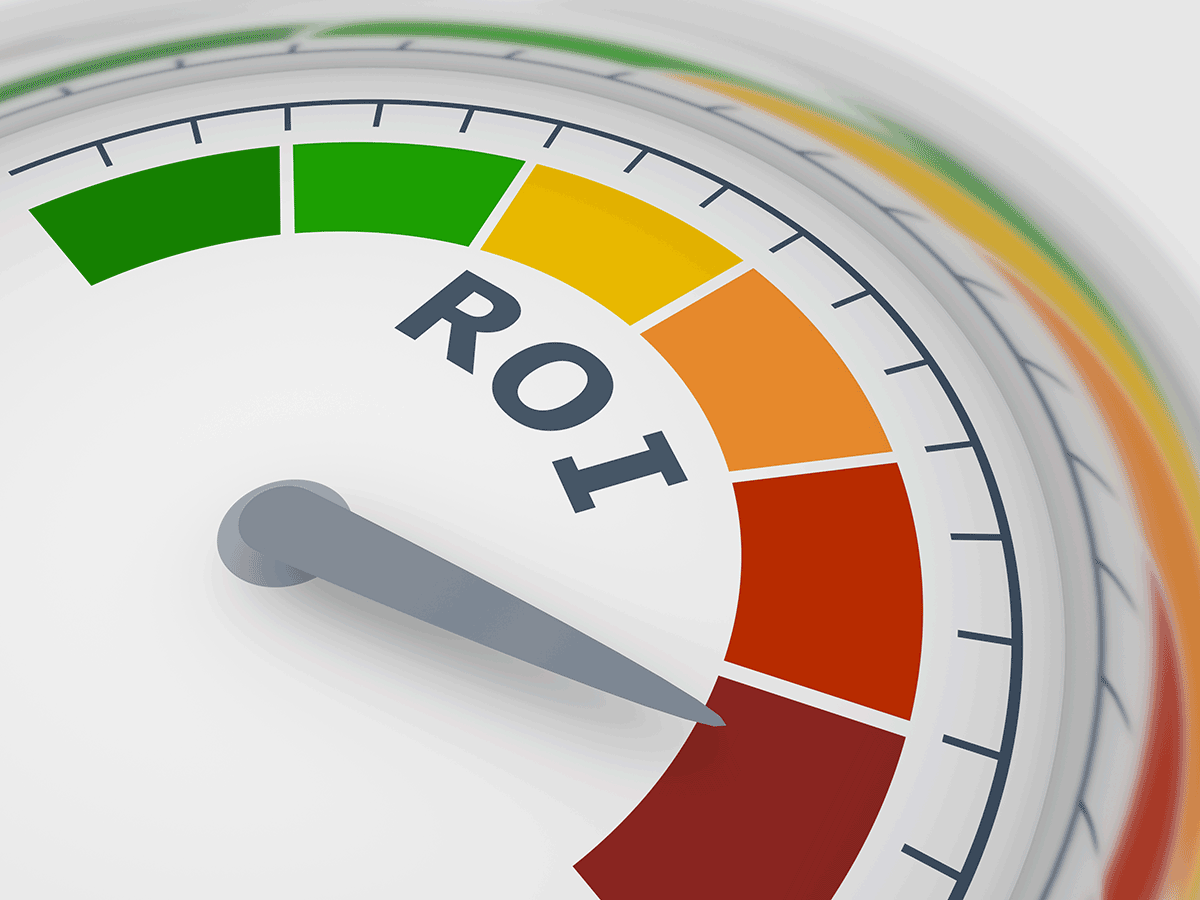Best Way To Learn Tax Liens And Tax Deeds
You have most likely heard the terms “tax deed sale” and “tax lien investing” before. But whether or not you fully understand the details of each of these terms, may be a different story. The fact is, tax deed sales and tax lien investing each come with different sets of processes, regulations, and legislation. Another fact to be aware of is variations exist depending on the state in which you’re investing. Read on for more information regarding the best way to learn tax liens and tax deeds.
Though this is a tricky topic that takes some time to understand for investors, when done correctly, each option can be extremely lucrative for investors depending all on the investor’s end goal. The good news is that once you understand how tax lien investing and tax deed sales work in one state, you will be able to understand the concept in other states a lot quicker.
What Is Tax Lien Investing?
Tax lien investing is the act of buying the delinquent tax lien on a property and earning profits as the property owner pays interest on the certificate or from the liquidation of the collateral securing the loan. This gives you the right to take the deed of the property if the owner does not pay off the entire delinquent tax amount. Plus any fees within the redemption period, typically 120 days. In most cases, the owner has had months, if not years, to pay the taxes before the bidding process. An extra 120 days rarely results in change for the property’s situation.
How Tax Deeds Work
In tax deed states, the process is quite a bit simpler than that of tax liens. This is because when you buy a tax deed, you are buying the actual property. The process is easier due to the fact that in most tax deed states, there is no redemption period. Similar to tax liens, the county’s primary interest is to recoup the unpaid property taxes on each property. Once a tax deed has been sold to an investor, the prior owner cannot come back and reclaim their property. When you purchase a tax deed – you own the property free and clear.
Similar to tax lien states, every tax deed state has a different set of rules about how long a property must be delinquent before foreclosure occurs. Given that there is no redemption period, most of the complexities are eliminated, which makes it a much simpler system for investors to work with.

Tax Deeds & Tax Liens: What’s the Difference?
Tax deeds and tax liens both come into play after delinquent taxes subject a property owner to tax foreclosure. However, some states only allow tax lien transactions while others only deal with tax deeds. Some states will allow both, but whether or not the tax sale is a deed or a lien will depend on what county or municipality in which the property is located. You’ll need to know the transactions available in your state prior to investing. Doing so is part of the best way to learn tax liens and tax deeds.
Tax Lien Investing Pros
Low Capital Requirement: Tax lien certificate investing offers a much lower capital requirement when compared to other forms of investing. It’s possible to jump into this asset class for as little as a couple hundred dollars.
Rate of Return: The other big advantage of tax lien investing is it gives you a (fairly) standard rate of return. Unlike flip investments, which can be volatile, tax lien investing offers confidence. You get a better understanding of what your return will be—without having to second-guess the market.
Lump-Sum Payment: You are paid a fixed sum when the tax lien investment resolves. This means it’s easy to calculate exactly how much you’ll be receiving and what your rate of return is. Additionally, because the payment is not in the form of an ongoing residual, you get all of your returns at once.
Tax Lien Investing Cons

Lack of Recurring Income:
For some investors, the fixed payment aspect of buying tax liens can be viewed as a drawback. When receiving a fixed payment, it may not align with some investor’s financial goals. This can be the case if they are looking to create avenues of residual income over time.
Possibility of Subsequent Liens:
Though tax lien investment requires very little up-front capital, they can on occasion require more capital as the process moves forward. This is because, as the initial lien holder, you will be required to purchase any subsequent liens. (New tax liens take precedence over old liens; sad, but true.)
Competition:
The other slight disadvantage is the amount of competition you will likely face. Usually this involves money managers and fellow investors also in pursuit of tax liens to purchase. The best remedy for this is to know your geographic market well and target low-cost liens—in the $100-$200 range. (The big money managers and investment firms are looking for a higher yield than these smaller investments can provide.)
Pro Tips For Buying Tax Liens
Now that you understand the benefits of tax lien investing and how to purchase tax liens, here is more information that you should know before getting started. Read through the following tips before trying your hand at tax lien investments:
Tax Liens Aren’t Always Properties:
While ending up with a property is a very real outcome when tax lien investing, it does not always result. Sometimes homeowners will meet the established deadlines and pay off the liens on the property. Investors would then only profit from interest income. This can still be a lucrative opportunity, but it is important not to go into tax lien investing with your sights entirely set on property ownership.
Tax Lien Investing Laws Vary:
Tax liens are implemented by the county, meaning the process of purchasing them will vary by county as well. Familiarize yourself with local laws while you search for potential investments. Depending on your area, the purchase process could be much easier than others or vice versa.
Diversification Is Key:
A tax lien purchase takes time and capital, making it a challenging primary investment strategy for many entrepreneurs. There are several benefits to a real estate tax lien. Yet, at the same time investors should remember the importance of diversification. It is a good idea to identify and pursue a few investment options to create a diverse portfolio. That way, you can spread out risk and guarantee a few different sources of cash flow at the same time.

Keep ROI In Mind:
Identify your financial goals before deciding to buy tax lien certificates to determine if the return on investment (ROI) is right for you. As mentioned above, tax liens can be highly lucrative, depending on your location. Most states will limit the amount of interest charged on a tax lien certificate. On occasion, some states will have higher limits than others. The price of tax lien certificates can also vary by state, which could cut into an investor’s potential profits. Always research your area before getting started.
Consider Private Lending:
If you have the capital available to purchase tax liens, consider other ways you could invest that money as well. While tax liens may align with your investment goals, there may be other opportunities that result in higher returns. For example, a private lending scenario could allow you to generate more interest income than a tax lien. If you want to learn more about becoming a private lender, be sure to read this guide.
The Jackie Jackson
Jackie Jackson is CEO and founder of Tax Deed Genius Real Estate Expert, Coach & Mentor, and Tax Lien & Tax Deeds Investor. Jackie empowers her clients with the tools, resources, and the step by step guidance necessary to design their dream life by investing in real estate. With the Tax Deed Genius Online Course, you can learn at your own pace. Jackie also hosts virtual Workshops and Bootcamps. Be sure to view her shared lessons formulated from her 14 years experience of investing in real estate on @TheJackieJackson on YouTube!






